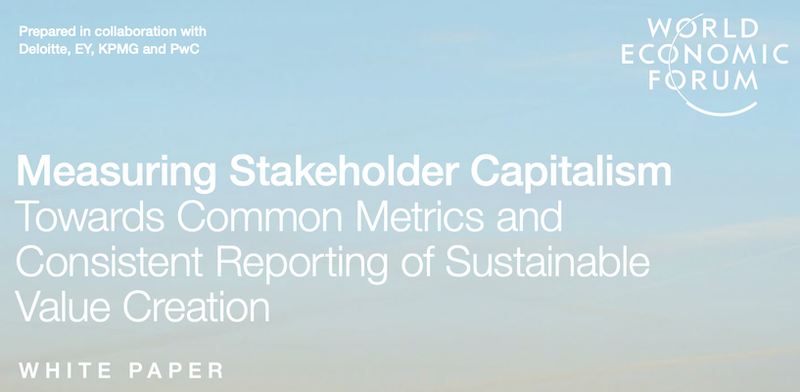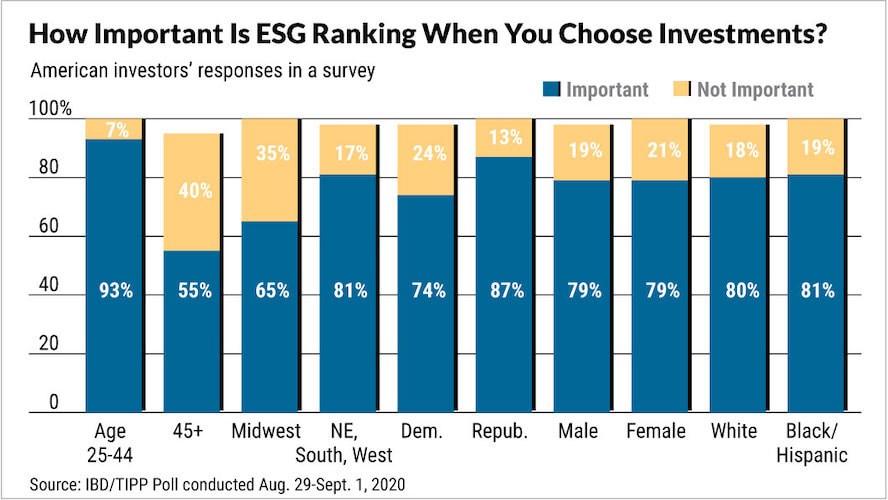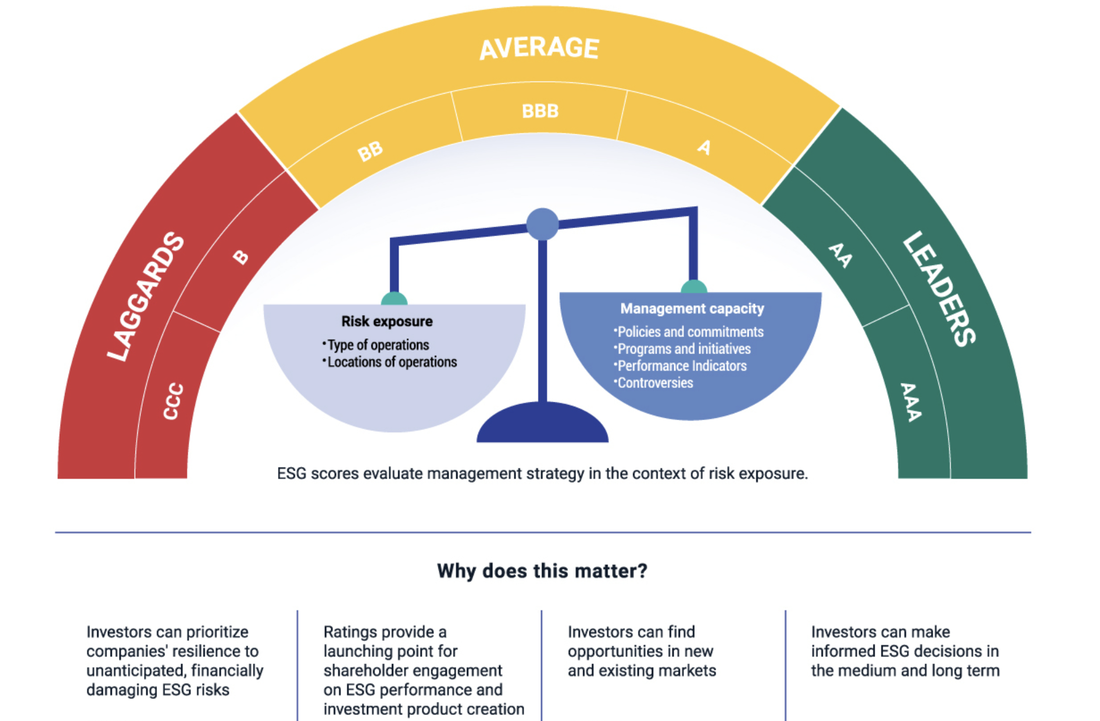Why ESG investing needs standards?
- With the rapid growth of ESG-focused investing, investors are often confused by a company’s ESG policies, reporting structures, and results. To verify ESG claims, we must create clear standards and universal practices for ESG reporting.
- The ESG-driven investment will exceed $53 trillion by 2025. 90% of millennials report that they want their money in sustainable investments.
- In 2021, the SEC issued a risk alert detailing observations of ESG-related deficiencies and problems related to investment advisors and funds making ESG claims.
Updates about ESG standards
|
July 2024
June 2024
May 2024
April 2024
March 2024
February 2024
January 2024
December 2023
November 2023
October 2023
September 2023
August 2023
July 2023
June 2023
May 2023
April 2023
March 2023
February 2023
January 2023
December 2022
November 2022
October 2022
September 2022
August 2022
July 2022
June 2022
May 2022
April 2022
March 2022
February 2022
January 2022
December 2021
November 2021
October 2021
September 2021
August 2021
July 2021
June 2021
May 2021
April 2021
March 2021
February 2021
January 2021
December 2020
|
ESG Research References
- Inside ESG Ratings: How Companies are Scored (2021)
- ESG Ratings and Data: How to Make Sense of Disagreement - Paul Weiss (2021)
- Stock Price Reactions to ESG News: The Role of ESG Ratings and Disagreement - Harvard Business School (2021)
- ESG Ratings: The Road Ahead - Milken Institute (2020)
- ESG rating disagreement and stock returns - Inrate AG (2020)
- ESG Investing: Practices, Progress and Challenges - OECD (2020)
Importance of ESG standards
|
Welcome to ESGStandard.com, a free online resource dedicated to standardizing environmental, social and corporate governance (ESG) metrics and ESG investing.
ESG investing has become a popular concept. Yet relatively few American investors are familiar with what is ESG and how to make better ESG investing. According to the CFA Institute, there is no standardized approach to calculate or present different ESG metrics. Investors can employ any selected analytical approaches and data sources to address ESG considerations, including weighting to client interest and potential value. Surprisingly, new research shows that some ESG funds have voted against environmental and socially conscious resolutions. Many ESG investors today have experienced that existing data on sustainability issues are bad quality or inconsistent, which increases the difficulty of comparisons between companies. I believe understanding the relative merits and limitations of different metrics is necessary to help form a complete picture of ESG risks and opportunities.
The financial industry’s growth can only be sustainable by adding measurable value when serving investors. Please contact us about our ESG standard training and consulting services to identify and re-engineer inferior ESG products and services, commonly seen at many financial firms today. Through better standard and technology applications, our forefront research yields better results in performance improvement, cost savings, risk reduction, behavioral measurement, and standard benchmarking.
|




